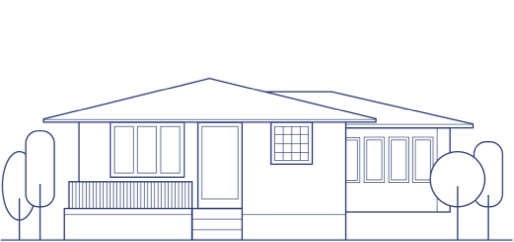2008 was a very challenging year for many of us. The fluctuation in portfolio values was substantial, and individuals were genuinely worried. In some cases, they were frantic about what the future held. At the Economic Forum that year in Davos, Switzerland, world leaders in economics and business gathered, as they have annually for the last number of years. At this particular conference, they were posed the question; “What is the biggest concern the world is facing?” Their answer surprisingly was not the financial crisis the world was engulfed in. Rather, their response was “Trust and Confidence”.
For the world economy to function, three factors must be present: capital, liquidity and trust. In the absence of trust, capital and liquidity crumble. At our recent annual Assante conference, Stephen Covey spoke on this very topic. He stated, “Trust is the currency of every leader – large or small. Trust has emerged as an economic driver, not just merely a social virtue.” Covey also quoted, “High-Trust Organizations outperform low cost organizations by 286% as a return to shareholders.” Trust is all about confidence, which includes both character and competence.
I was brought up by my parents to tell the truth and take responsibility for my actions. Although not easy at times, these qualities shape our character and influence how others see us. I talked with a business owner who I’ve known for most of my 27-year career. Ted told me he would be in business for49 years this year. We reminisced (as old people do) about how business has evolved for better and worse. He spoke of how 49 years ago, trust was a hand shake that meant something and was more binding than paper. Today, in some cases, a hand shake is shallow and signed papers are still disputed. In a high trust environment, however, there is respect and admiration. People are motivated, inspired and encouraged which results in higher productivity and decreased costs. Individuals who are not motivated feel less valued, and their speed and efficiency suffer, resulting in much higher costs.
Warren Buffet completed a $23 billion dollar transaction with McLane Distribution (from Walmart). He and the other Chief Executive met for 2 hours and shook hands on the purchase. There was no money spent on due diligence, which would have amounted to many millions of dollars and months of time passing. In this case, the merger was completed in 29 days, illustrating that trust does still exist.
Covey also stated, “In another survey, individuals were asked about what would make them happier. It wasn’t health or money—it was being in a trusting relationship. Trust matters more than we realize.”
Establishing trust whether it be with a friend, employee, associate, or family member is a function of an individual’s character and their behavior. Behaviour is showing respect, loyalty, being accountable, listening, and extending trust. Covey remarked, “You can’t talk yourself out of a problem you behaved yourself into.” (Though children and some adults will try). Character is what emerges when you are faced with a very tough decision that may adversely affect you personally but benefit others. Your decision and action will speak volumes about your trust factor.
As with most things in life, if we want to change the world, we have to look in the mirror first and ask ourselves, “Does my character and my behaviour demonstrate trust?” I sure hope so!




